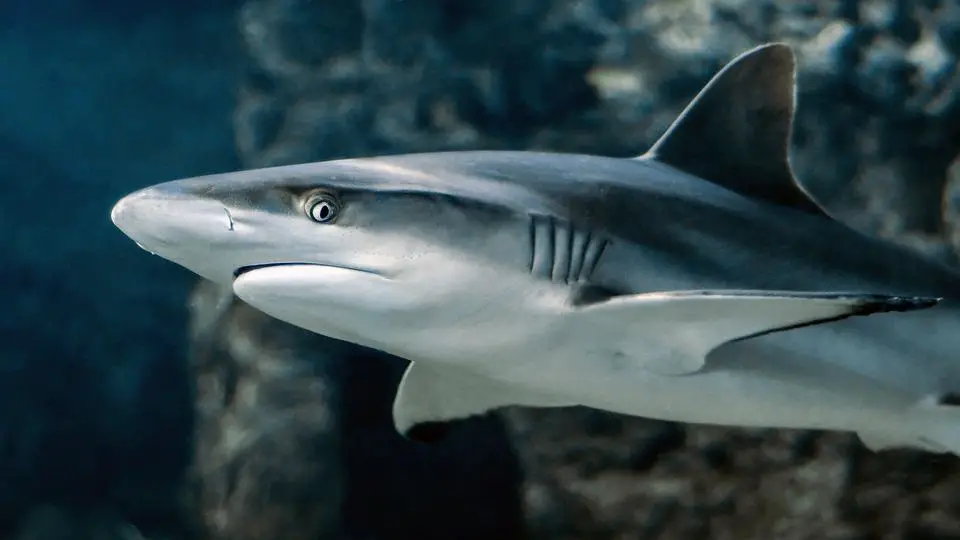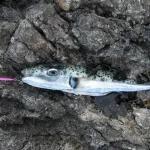A recent fatal shark attack in the Red Sea along Egypt’s coastline which resulted in the tragic death of an Austrian woman has caused many to remember the dangers of the sea, but the Croatian Adriatic Sea is very safe, despite the array of sharks who call it home.
As Poslovni Dnevnik writes, a Professor at the University Department of Marine Studies of the University of Split, Alen Soldo, was recently a live guest on N1 Studio and commented on the warming of the world’s seas, the more frequent appearance of jellyfish, as well as sharks living in the Croatian Adriatic Sea.
Commenting on the fact that the sea is getting warmer, Professor Soldo said that these temperatures are unusual considering the time of year.
“If you look at the overall situation, there’s been quite a long period of high air temperatures, low rainfall and a lack of winds that should help mix the upper, warmer layers of the sea with the lower, cooler ones. It’s clear that this temperature is the result of this whole situation, and if these other things and circumstances don’t change, we can expect that temperature to be even higher,” warned Soldo.
Regarding the apparently more frequent reports of the appearance of jellyfish in Istria, he says that it isn’t related to the warming of the sea.
“Jellyfish feed on planktonic organisms and it’s likely that the amount of plankton in those waters is higher during this period,” he said.
“Given the usual weather conditions for this time of year, it would be expected that the jellyfish would disappear and head off elsewhere, but in this situation we cannot guarantee that they’ll leave. It’s difficult to predict,” he added.
When it comes to the question of just why are there more jellyfish appearing in the sea near Istria and Kvarner, he said that this is indeed a very unusual year, but that these animals are unlikely to cause any bother to humans.
He also briefly commented on the recent shark attack which resulted in the horrendous death of an Austrian woman who was swimming in Egypt’s Red Sea.
“As far as the case in Egypt is concerned, knowing the history of those attacks, we can assume that the species responsible doesn’t live in the Croatian Adriatic Sea,” he explained, adding that he and a colleague of his from neighbouring Slovenia are currently working on a paper about sharks who live in the Adriatic and says that they have counted 34 species that live here permanently or occasionally come to the Adriatic.
“Out of those 34 species, only three are potentially dangerous, they are the Short-fin mako shark and the Porbeagle. The only problem here is that the Great White Shark tends to follow the schools of tuna. The last fatal attack occured in 1974, after that there was only one other attack in 2008 that was not fatal. The Croatian Adriatic Sea is much safer than other seas,” explained Soldo.
For more, make sure to check out our dedicated lifestyle section.










